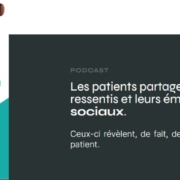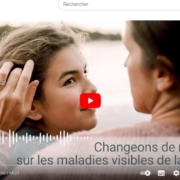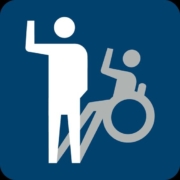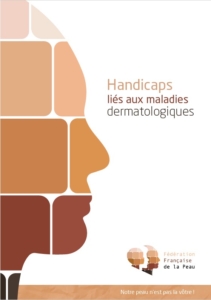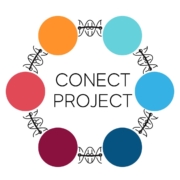KAPCODE Study
Marie-Claude Boiteux took part in writing a new scientific publication : « Testimonies, feelings, complaints and emotional experiences of patients suffering from dermatosis on social medias : French Infodemiologic* Study of patients’ uncensored words ».
Steming from a work led by Pierre Fabre Dermo-Cosmetic & Personal Care together with the society Kap Code specialised in the analysis of real-life data in health who listened for 3 years to patients’ uncensored words as publicly expressed on social media.
The internet offers a forum to those for whom the skin disorder bridles their social relationships. Through social media, they share their real-life experience and reveal what they do not say – because they do not dare to or because of lack of time – in medical consultations: Self-image, physical and psychological impacts, therapeutic roving, etc.
Collected, analysed and related verbatims, this work shows the emergency and need to « change our gaze on visible disorders of the skin”. https://www.changer-de-regard.com/#ecoute-reseaux
*Infodemiology was defined by Gunther Eysenbach in the early 2000s as information epidemiology.It is an area of science research focused on scanning the internet for user-contributed health-related content, with the ultimate goal of improving public health. It is also defined as the science of mitigating public health problems resulting from an infodemic.

